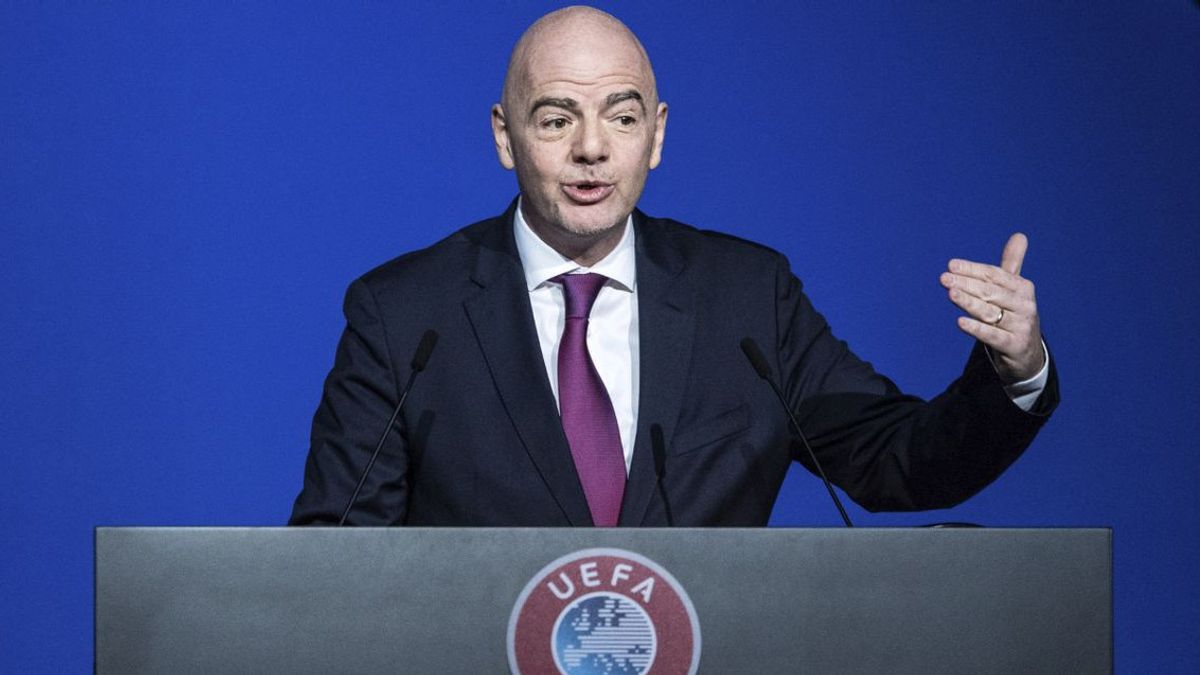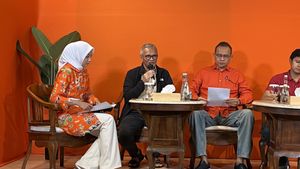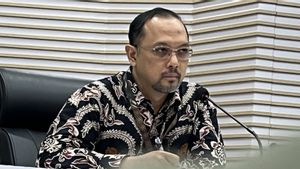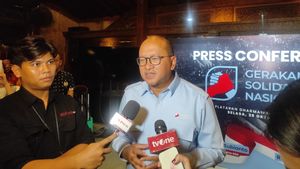JAKARTA - FIFA is encouraging the international community to step up efforts to help Afghan athletes find new homes after the Taliban took over their country.
More than 150 members of Afghanistan's sporting community, including 50 women's footballers, and their families have been evacuated this month with Qatar's help, in coordination with world football's governing body.
Hundreds of other athletes remain in Afghanistan, asking for help leaving the country.
"I really call on all governments in Europe, and around the world, to help us (in) find a new home, a new home for those who were evacuated," FIFA president Gianni Infantino told AFP.
"We can't just talk about solidarity, we can't just talk about helping. We have to take concrete steps," he said in Doha.
"They've been through something none of us could have imagined, and we got them out."
FIFA President calls on global football community to show solidarity with Afghan refugees. Read more on https://t.co/sool5M7508: https://t.co/pvxb5FVeTS pic.twitter.com/zQgG83Kb9t
— FIFA Media (@fifamedia) October 26, 2021
The Taliban toppled Afghanistan's US-backed government in August and have since been trying to secure financial support for their regime, promising more flexible rules than the last time they ruled.
However, some women are still barred from work, fears of punishment for exercising are widespread.
And although they have not published a formal policy regarding women in sports, the Taliban have issued statements indicating serious participation of women in sports would be impossible.
When in power in Afghanistan from 1996 to 2001, the Taliban banned women from sporting activities and even competing.
Sports stadiums are also often used for public executions.
The all-male Taliban government has closed the women's affairs ministry and replaced it with a body notorious for imposing religious doctrine during its first term.
The Taliban have since denied removing the ministry and insist they set a framework for it.
Joyce Cook, FIFA's CSR and education officer, said 158 people from the sporting community and their families would travel from Doha to Albania until a permanent solution was reached.
They are part of a list of 545 people who want to leave the country.
"We urgently need countries to act now," Cook said, adding the biggest challenge now was finding permanent countries for them to live in.
"FIFA has 211 member associations, that's 211 countries, and we are calling all those countries to help us now."
A 24-year-old woman has been with the national football team since 2011 and says everything changed when the Taliban took power in mid-August.
"They are short-sighted people (who view) women as meaningless... I want to show them that women are human too... that's why I joined football," he said, speaking on condition of anonymity.
With arms and legs bruised from practicing on concrete floors for hours, he said football was like a "soothing medicine".
Using water bottles to mark the goal, his team now play in flip-flops and jeans at the Doha compound, all sharing the same hope.
"Me and other women, we have a dream to go to Canada," she said.
Members of the Afghanistan junior women's soccer team and their families had earlier applied for asylum to Portugal and returned to training in the Lisbon suburbs.
"If Canada, the United States, Mexico, Australia and New Zealand... if they could give us a signal and welcome these women, I think that would be a tremendous message of solidarity and unity that only football can bring, " said Infantino.
Australia and New Zealand will host the Women's World Cup in 2023, while the United States, Mexico and Canada share the task of hosting the 2026 Men's World Cup.
For Cook, the story of the Afghan athlete reflects a human tragedy.
"It's heartbreaking to hear their stories.... They are people who deserve the start of a new life."
The English, Chinese, Japanese, Arabic, and French versions are automatically generated by the AI. So there may still be inaccuracies in translating, please always see Indonesian as our main language. (system supported by DigitalSiber.id)













